

Writing Week in the Faculty of Health and Social Sciences is coming up next week and we wanted to highlight some of the expertise within BUCRU and NIHR RDS (Research Design Service) and remind you that we’re available to provide support for your health or social care research.
Bournemouth University Clinical Research Unit (BUCRU) supports researchers in improving the quality, quantity and efficiency of research across the University and local NHS Trusts.
We do this by:
- Helping researchers develop high quality applications for external research funding (including small grants)
- Ongoing involvement in funded research projects
How can we help?
BUCRU/RDS can provide help in the following areas:
- Formulating research questions
- Building an appropriate team
- Study design
- Appropriate methodologies for quantitative research, e.g. statistical issues, health economics
- Appropriate methodologies for qualitative research, e.g. sampling, analytical strategies
- Advice on data management and data analysis
- Identifying suitable funding sources
- Writing plain English summaries
- Identifying the resources required for a successful project
- Critical reviews of proposed grant applications can be obtained through our Project Review Committee before they are sent to a funding body.
- Patient and public involvement in research
- Trial management
- Ethics, governance and other regulatory issues
- Linking University and NHS researchers
Over the coming weeks we’ll cover some of these areas in more detail in future blogs and how we can help you.
Our support is available to Bournemouth University staff and people working locally in the NHS, and depending on the support you require, is mostly free of charge. There are no general restrictions on topic area or professional background of the researcher.
If you would like support in developing your research please get in touch through bucru@bournemouth.ac.uk or by calling us on 01202 961939. Please see our website for further information, details of our current and previous projects and a link to our recent newsletter.

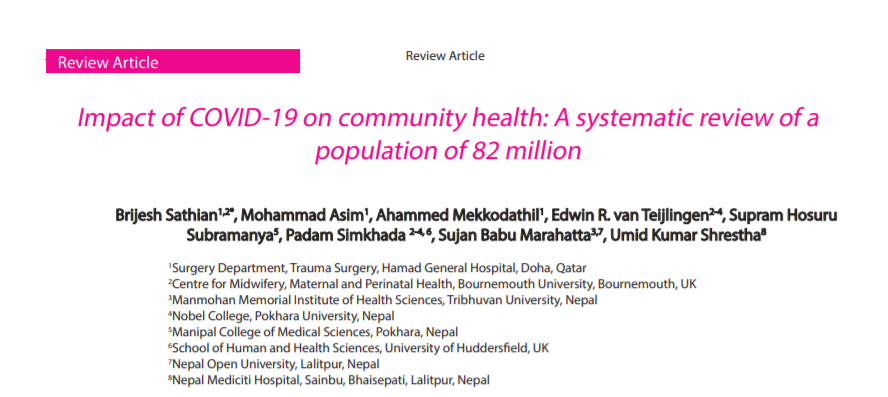
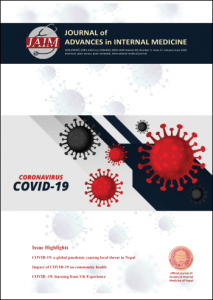

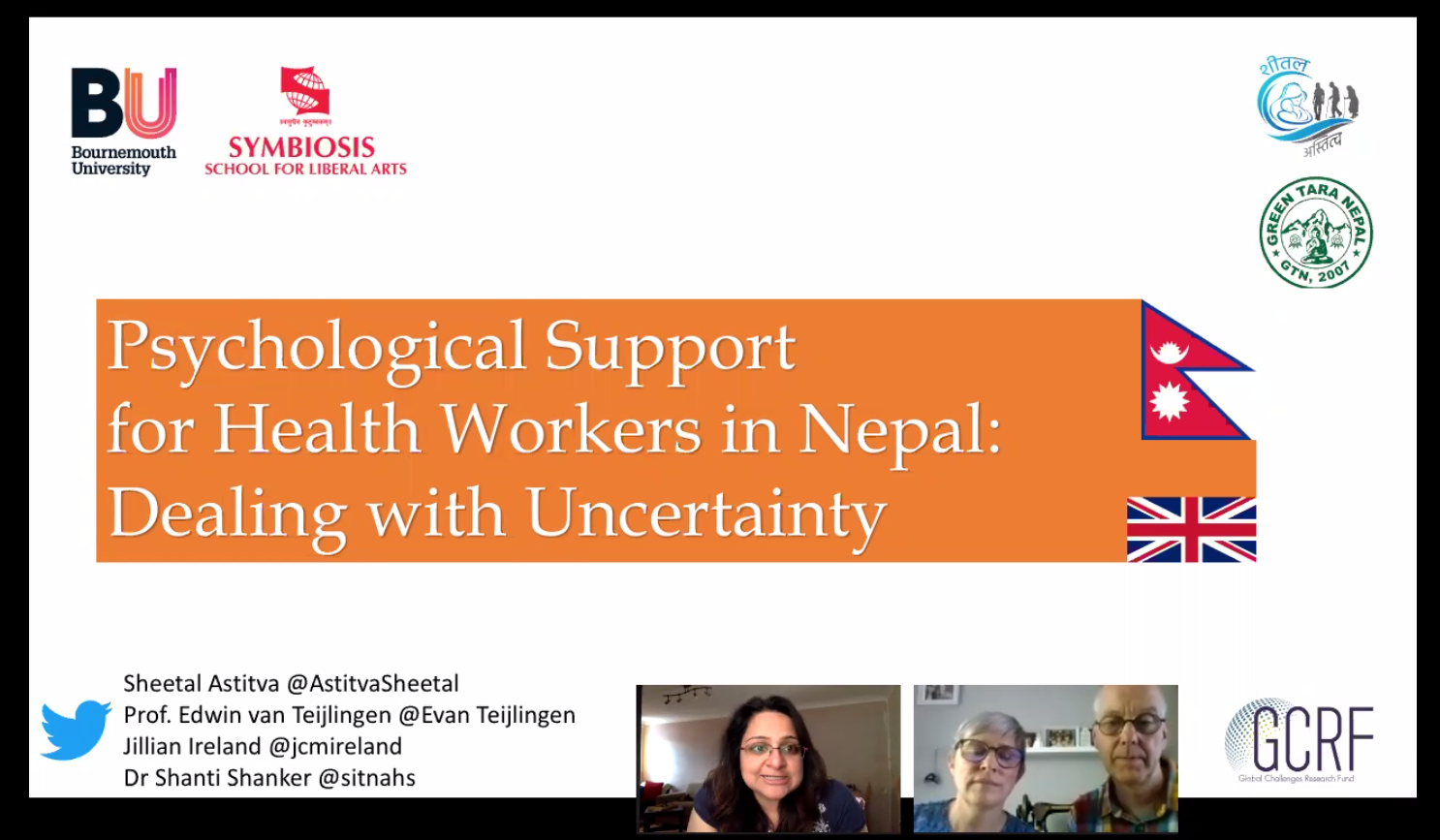
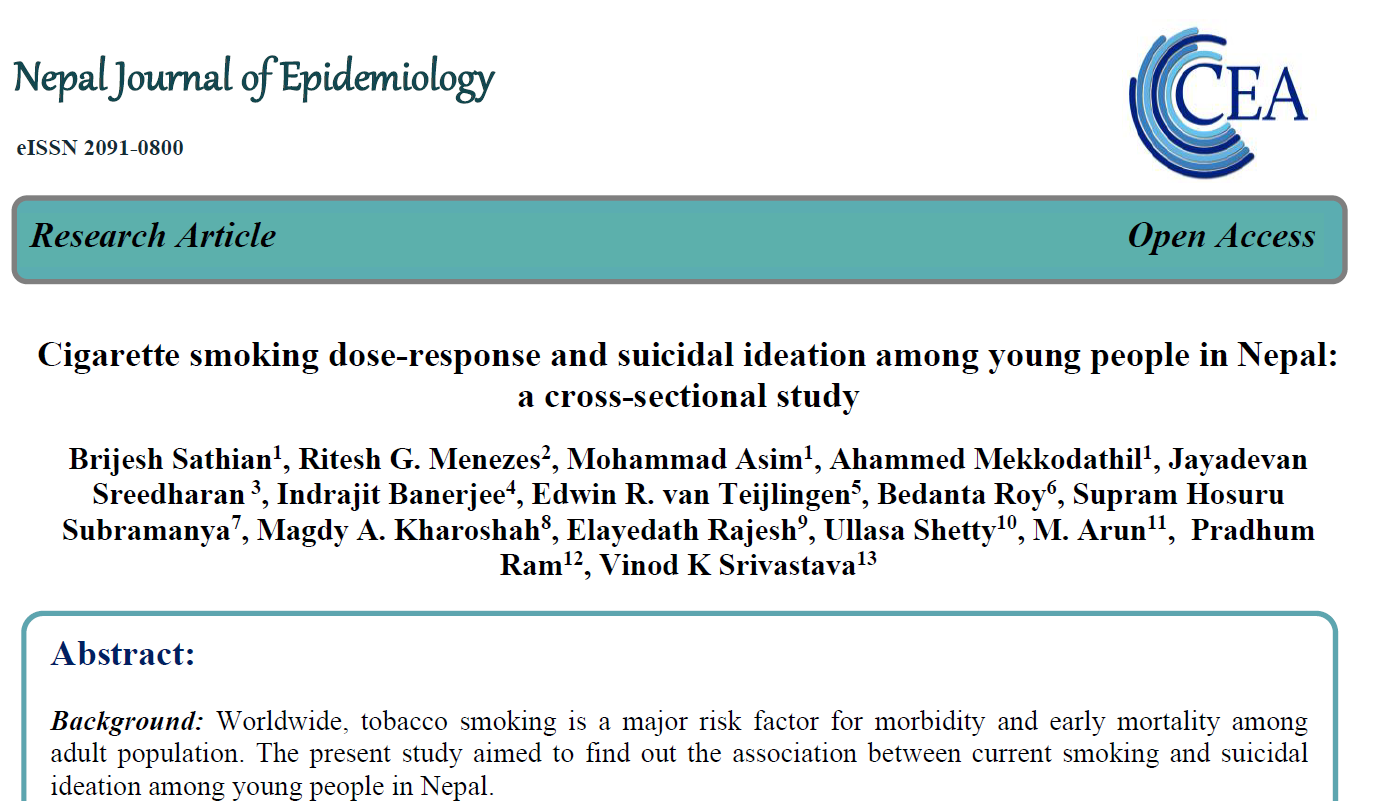
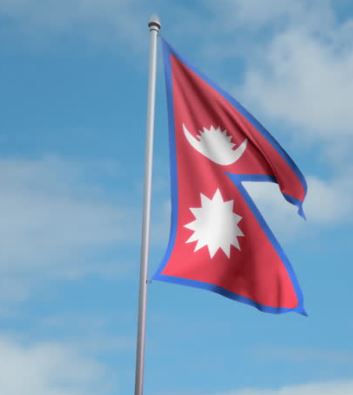


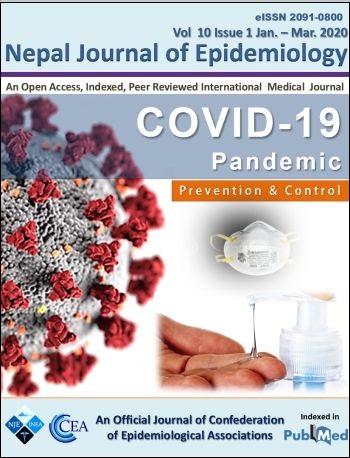
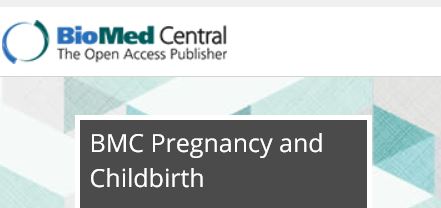
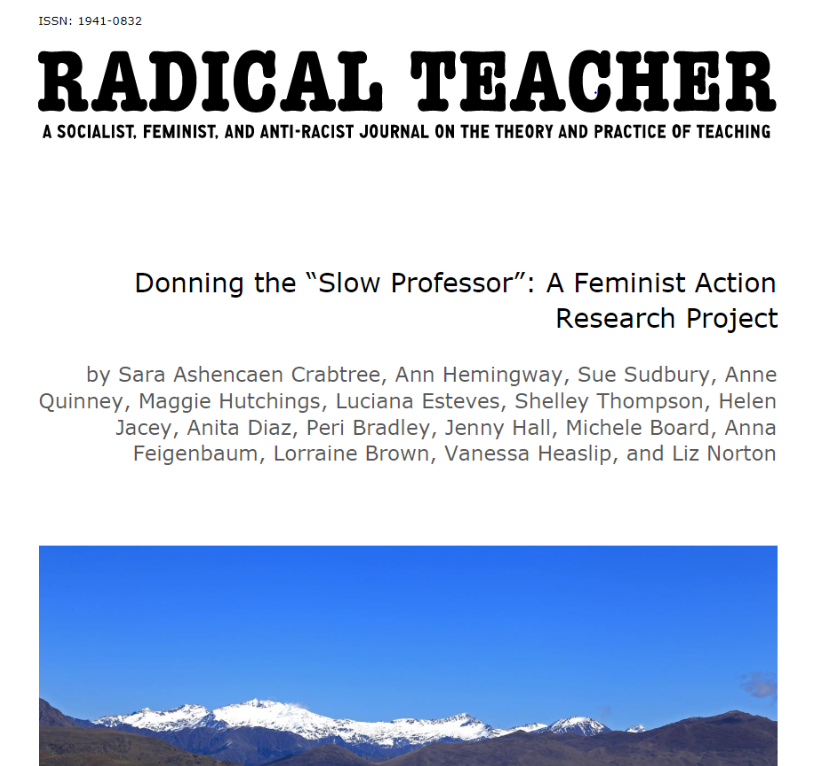
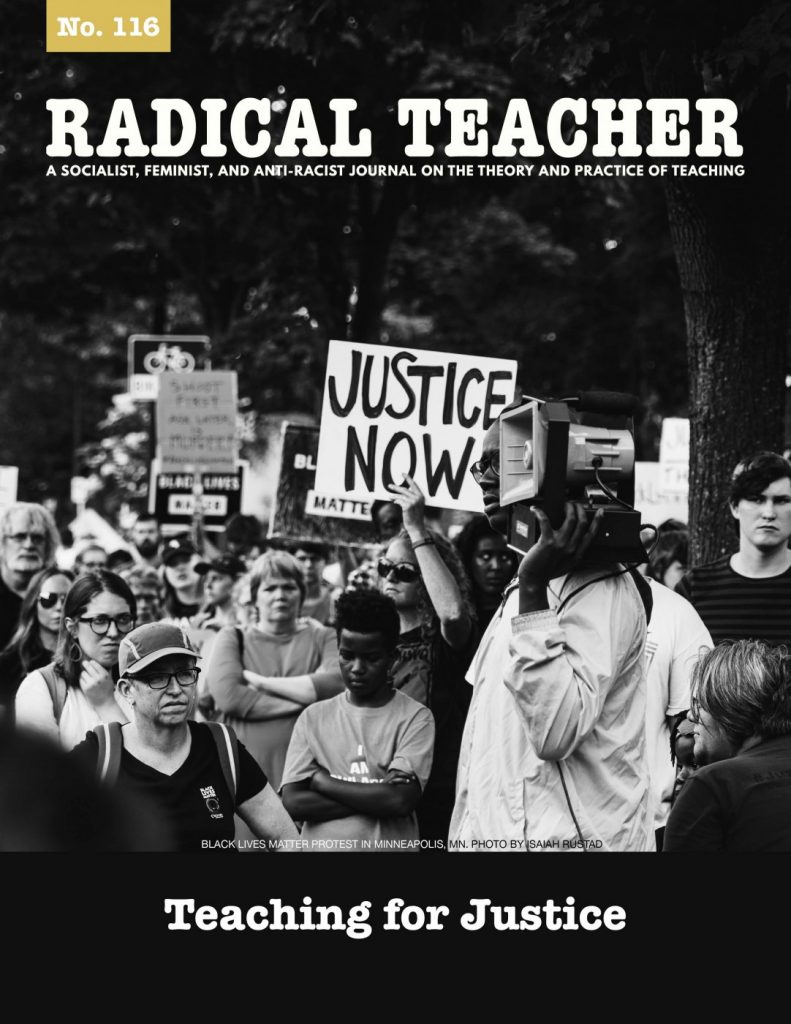



 funding to support 10 UK Psychology Students and Staff to visit India. This initiative receives further support from Global Engagement Hub, Bournemouth University.
funding to support 10 UK Psychology Students and Staff to visit India. This initiative receives further support from Global Engagement Hub, Bournemouth University.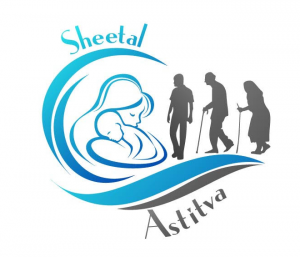
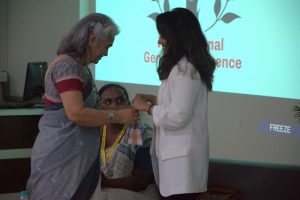 This project led by Prof. Edwin van-Teijlingen and Dr. Shanti Shanker focuses on grassroots level centers addressing the lack of accessibility in rural India. This project collaborates with the Taluka Health Officer at Paud (Mulshi, Dr Ajit Karanjkar) and local medical officers.
This project led by Prof. Edwin van-Teijlingen and Dr. Shanti Shanker focuses on grassroots level centers addressing the lack of accessibility in rural India. This project collaborates with the Taluka Health Officer at Paud (Mulshi, Dr Ajit Karanjkar) and local medical officers.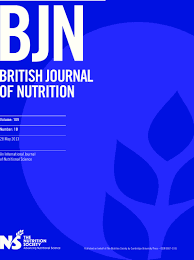
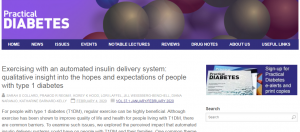

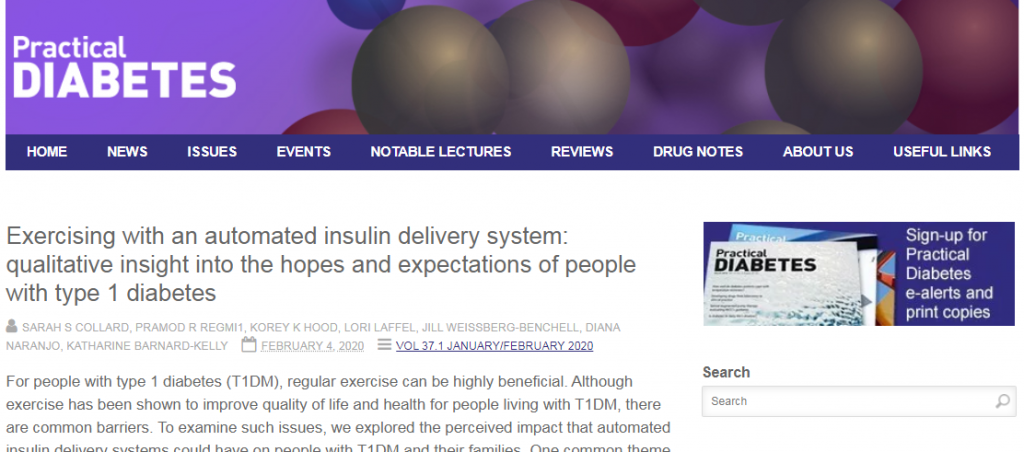
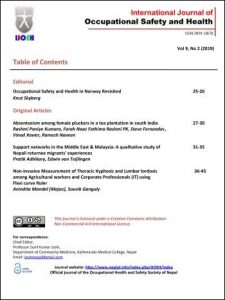











 Bournemouth University psychologists publish new book
Bournemouth University psychologists publish new book Connecting Research with Practice: FoodMAPP Secondment in Austria and France
Connecting Research with Practice: FoodMAPP Secondment in Austria and France Health promotion paper read 8,000 times
Health promotion paper read 8,000 times The Beautiful Work Challenge: On Birth
The Beautiful Work Challenge: On Birth Free event on Solutions to Inequalities in Dementia Diagnosis and Care
Free event on Solutions to Inequalities in Dementia Diagnosis and Care MSCA Postdoctoral Fellowships 2025 Call
MSCA Postdoctoral Fellowships 2025 Call ERC Advanced Grant 2025 Webinar
ERC Advanced Grant 2025 Webinar Horizon Europe Work Programme 2025 Published
Horizon Europe Work Programme 2025 Published Horizon Europe 2025 Work Programme pre-Published
Horizon Europe 2025 Work Programme pre-Published Update on UKRO services
Update on UKRO services European research project exploring use of ‘virtual twins’ to better manage metabolic associated fatty liver disease
European research project exploring use of ‘virtual twins’ to better manage metabolic associated fatty liver disease